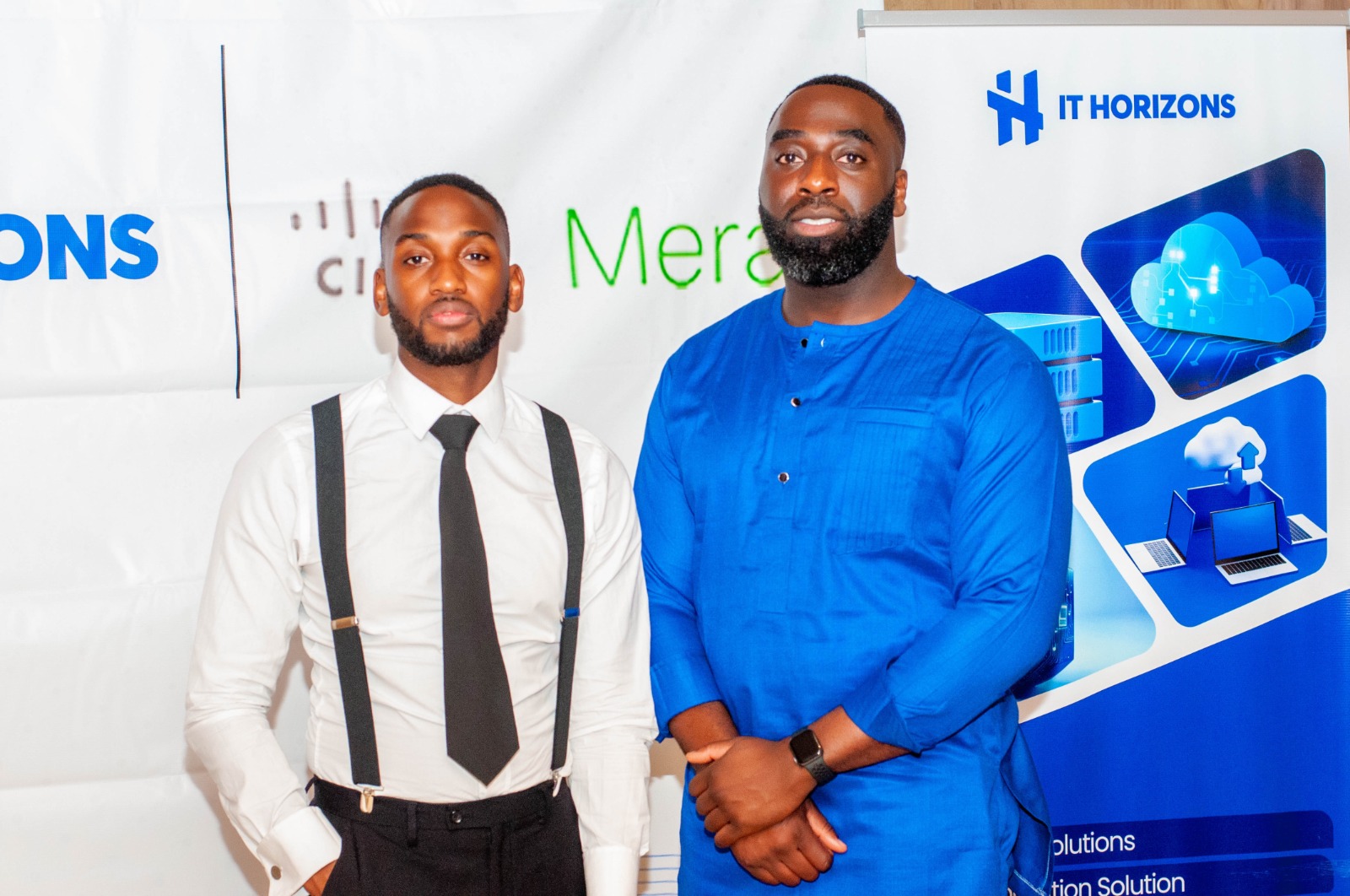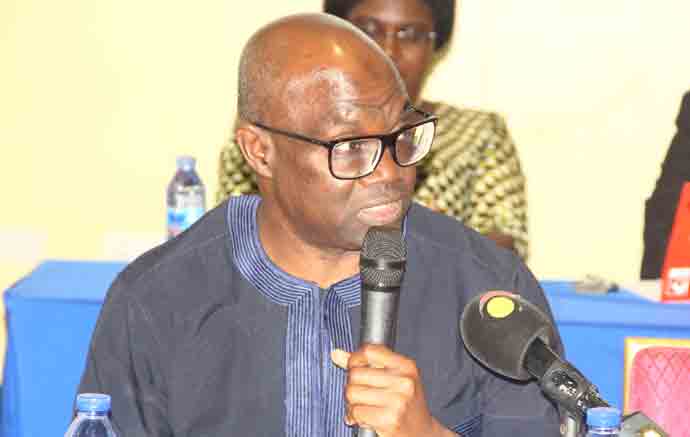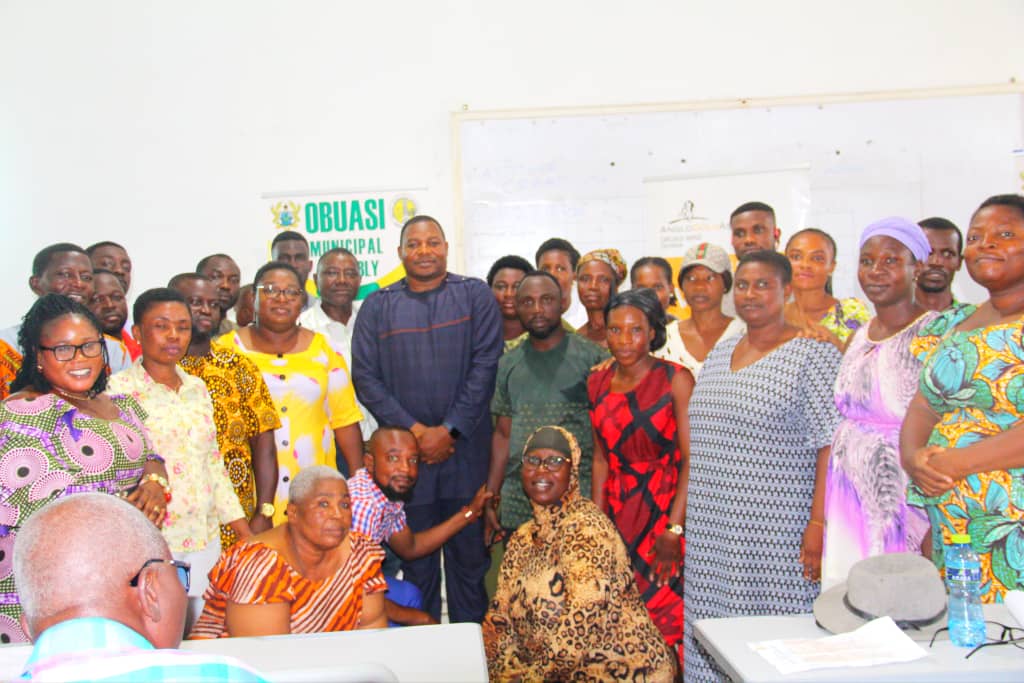

 A multi-stakeholder Circular Economy Innovation Hub has been launched in Accra to promote resource recovery from organic waste and transform Ghana’s waste management landscape through research, technology, and business development.
A multi-stakeholder Circular Economy Innovation Hub has been launched in Accra to promote resource recovery from organic waste and transform Ghana’s waste management landscape through research, technology, and business development.
The Hub, spearheaded by the International Water Management Institute (IWMI), brings together 16 institutions from research, private, and public sectors in a collaborative effort to turn waste into valuable resources such as compost, energy, and animal feed, while addressing health, environmental, and livelihood challenges.
Over the past two decades, the IWMI and its partners had undertaken extensive research and implementation projects focused on organic waste recovery in Ghana.
These efforts, supported by various international donors, have evolved from identifying waste streams and treatment technologies to piloting business models, assessing environmental impacts, and advocating enabling investment environments.
Dr Olufunke Cofie, the West African Regional Representative of the International Water Management Infrastructure (IWMI), speaking at an open-day event, said the Innovation Hub was a result of two decades of work and collaboration in Ghana and globally.
“This Hub is not starting from scratch. We’ve built it on years of knowledge generation from understanding where waste comes from, to developing technologies and testing business models. Now, we’re scaling it through this platform,” she said.
She explained that while the concept of circular economy hubs is being implemented in countries like India and Vietnam, Ghana’s version is unique for its focus on organic waste and multi-sectoral collaboration.
Seven of the 16 organisations involved operate as “Living Labs,” physical centers with real-life waste-to-resource infrastructure that offer training and demonstrations to policymakers, students, and entrepreneurs.
“We want to optimise the knowledge within this sector. It’s not only IWMI involved. There are other players including Jakora, Safisana, Trimak, who are doing great work, even if they are not immediately profitable. Their value lies in their contribution to public health, climate mitigation, and job creation,” Dr Cofie added.
The Hub also aims to tackle the challenge of methane emissions, which are significantly produced from unmanaged organic waste. Through circular solutions, these emissions can be drastically reduced, aligning with Ghana’s climate action goals.
She said a major barrier remained the lack of a fully enabling environment and weak implementation of policies, such as sanitation, agriculture, and climate frameworks.
“It’s not about having policies on paper. It’s about translating them into action – standards, regulations, financial incentives, and enforcement,” Dr Cofie emphasised.
She acknowledged that while much progress had been made, the next frontier was scaling successful pilot models across the country.
That, she said, would require strong political will, investment, and integrated policymaking.
“What excites me most is how far we’ve come. Twenty years ago, only a few organisations were in this space. Now, we have businesses emerging from our research, and many people talking about the value of waste. But to really make a difference, we must go beyond pilots. That’s why this Hub is crucial,” she said.
The Circular Economy Innovation Hub will focus on capacity development, technology demonstration, investment matchmaking, and policy engagement.
It is also expected to generate data and insights to support evidence-based decision-making in the waste and resource management sector.
Source: GNA
The post Ghana establishes innovation hub to drive circular economy appeared first on Ghana Business News.
Read Full Story


















Facebook
Twitter
Pinterest
Instagram
Google+
YouTube
LinkedIn
RSS